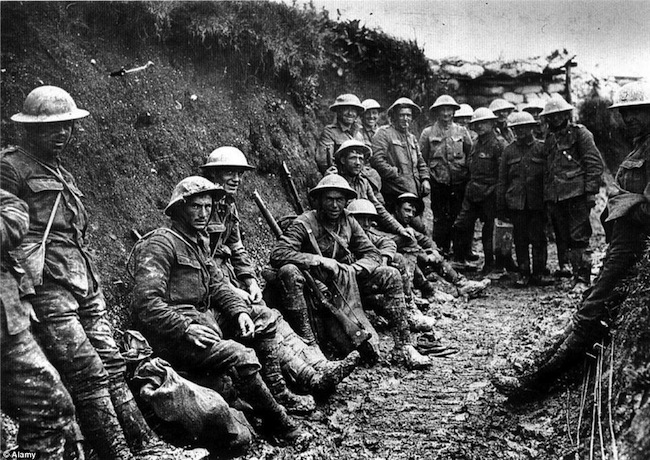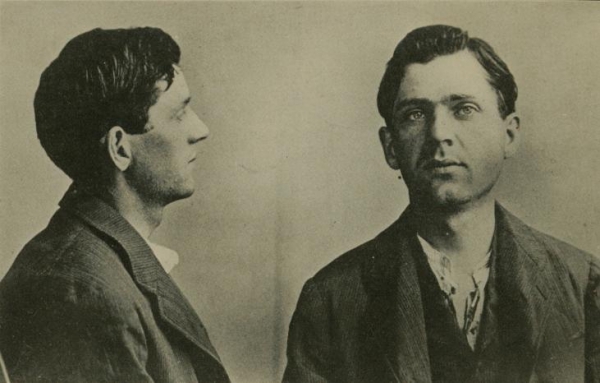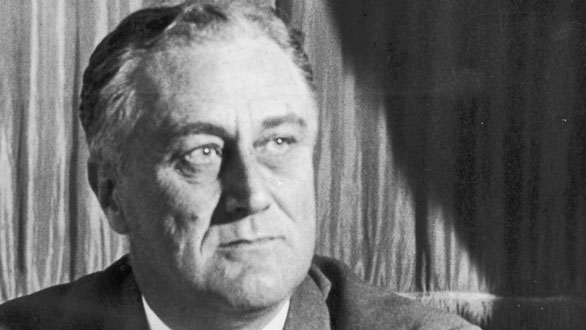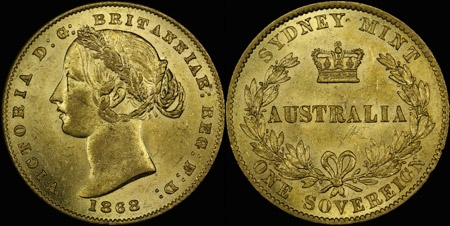- Wilson wins reelection on campaign promise of maintaining neutrality, but United States is soon drawn into war raging across Europe
- World War I proves to be bloodiest war in world history, often referred to as “The Great War” or “The War to End All Wars”
- After World War I, disagreements arise regarding proper U.S. role as regulator of world affairs
1915 Germans announce U-boat blockade of Britain
German submarine torpedoes British ocean liner Lusitania off southern coast of Ireland, resulting in deaths of 128 Americans
Ku Klux Klan revival occurs in Georgia
D. W. Griffith releases Ku Klux Klan–sympathetic film The Birth of a Nation
1916 In Sussex Pledge, Germany agrees to end unrestricted Atlantic submarine warfare
National Defense Act calls for U.S. “military preparedness”
William E. Boeing establishes Boeing Airplane Company in Seattle
Adamson Act gives U.S. government power to take over nation’s railroads if needed to avert strike during wartime; government takeover occurs in December 1917, but Esch-Cummins Act restores private railroad ownership in 1920
Margaret Sanger organizes New York Birth Control League
Wilson reelected on slogan “He kept us out of war”
Marcus Garvey moves to United States from Jamaica, inaugurates Back to Africa movement and United Negro Improvement Association
1917 United States grants citizenship to Puerto Ricans
Germany resumes unrestricted submarine warfare
British intelligence intercepts German Zimmermann Telegram, which proposes German-Mexican alliance and encourages Mexico to invade American southwest
United States enters World War I
Congress passes Selective Service Act
War Industries Board and War Revenue Act give war effort economic support
Congress passes Espionage Act; revised by Sedition Amendment in 1918
NAACP leads silent march in New York City to protest racial violence
Start of Russian Revolution prompts Russia to leave World War I
1918 Wilson announces Fourteen Points plan promoting self-determination, liberalism, democracy, free trade, and establishment of League of Nations
Overman Act grants Wilson unprecedented, wide-reaching wartime powers
U.S. forces suffer heavy losses at Battle of Belleau Wood but break German entrenchment on Western Front
Armistice ends World War I combat
Eugene V. Debs imprisoned for denouncing U.S. government actions under Espionage Act and Sedition Amendment; released in 1921
Fuel administration launches daylight saving time as energy-saving method
1919 Treaty of Versailles calls for heavy reparations, German disarmament, and creation of a League of Nations
18th Amendment (Prohibition) outlaws purchase, sale, and transport of alcohol
Race riots erupt in 25 cities, most notably Chicago, where 13-day riot results in nearly 40 deaths, hundreds of injuries
Causes and Effects: The United States and World War I
- Outbreak of war in Europe catches most Americans (many of whom are European immigrants or have immigrant parents) by surprise
- Munitions orders from Western allies quickly improve U.S. economy, but both Britain and Germany ignore U.S. shipping rights as a neutral country
- In May 1915, Germany declares that any ship off British coast will be attacked; German submarines then torpedo and sink British ocean liner Lusitania, killing 1,200, including 128 Americans
- In March 1916, Germany sinks French ocean liner Sussex; Woodrow Wilson declares that United States will sever relations with Germany if it continues to engage in unrestricted submarine warfare; Germany acquiesces and makes Sussex Pledge; Wilson wins reelection
- In January 1917, Germany announces it will resume unrestricted submarine warfare; after five U.S. ships are sunk, United States declares war on Germany; by October 1918, 1.75 million U.S. troops are deployed in France
- In January 1918, Wilson issues basis for peace with his Fourteen Points, calling for democracy, free trade, and establishment of League of Nations
- War ends with signing of armistice on November 11, 1918; war costs over 110,000 American lives; total military deaths on both sides estimated at 8.5 million; civilian deaths estimated at 13 million
- Treaty of Versailles does establish League of Nations but ignores most other Fourteen Points proposals; treaty requires Germany to pay heavy reparations that result in widespread economic depression, rise of Adolf Hitler and German militarism, and ultimately World War II
- Postwar economic boom in United States is short-lived; many American workers strike as cost of living rises without increases in wages
- After war, United States pulls away from international engagement, into isolationist stance; Senate rejects U.S. entry into League of Nations in 1919; Warren G. Harding elected president in 1920 on “return to normalcy” platform
Credits: Sparknotes




















